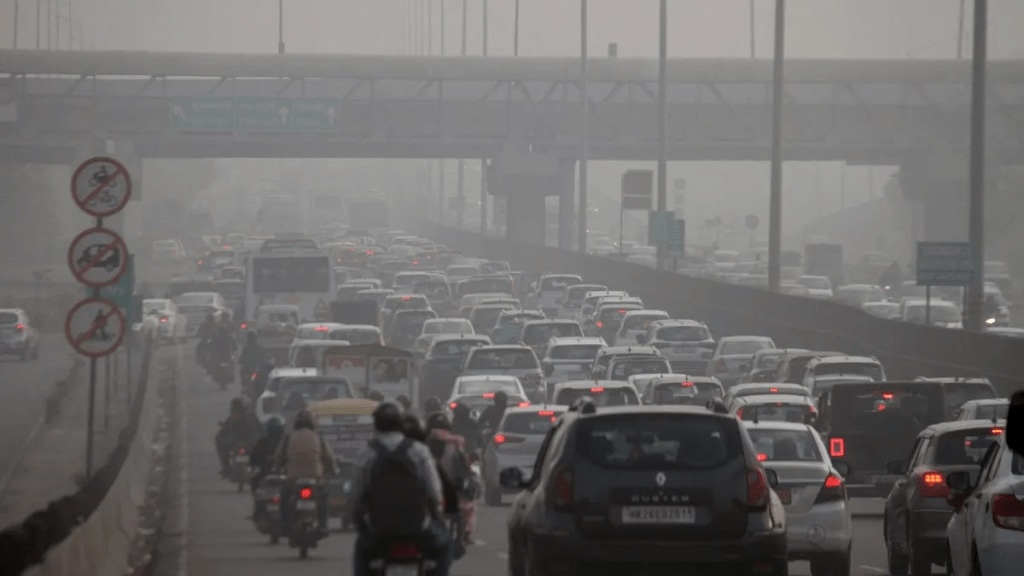The Centre’s panel on Delhi-NCR’s air quality invoked stage 4 of the Graded Response Action Plan (GRAP) on Wednesday, following a sharp decline in air quality due to adverse weather conditions. An official order revealed that calm winds, low temperatures, and foggy conditions contributed to the accumulation of pollutants, which led to the air quality index (AQI) soaring from 275 on Tuesday to 396 by 6 pm on Wednesday.
AQI expected to exceed 400 in the coming days
The India Meteorological Department and the Indian Institute of Tropical Meteorology have warned that the AQI may exceed the 400-mark in the coming days. As a result, the Commission for Air Quality Management (CAQM) has instructed authorities in Delhi-NCR to immediately enforce all measures under stages 3 and 4 of the GRAP.
Under stage 4 curbs, authorities have imposed a ban on all construction activities in the region. The entry of non-essential polluting trucks into Delhi has also been restricted, and schools have been directed to shift classes, except for grades 10 and 12, to hybrid mode to limit exposure to hazardous air.
Stage 4 restrictions also prohibit non-essential diesel trucks from entering Delhi, along with a ban on Delhi-registered BS-IV and older diesel-run heavy goods vehicles, except those used for essential services.
GRAP, which categorizes air quality into four stages, is invoked during the winter months when air quality in Delhi-NCR tends to deteriorate. The stages are as follows: Stage 1 (Poor, AQI 201-300), Stage 2 (Very Poor, AQI 301-400), Stage 3 (Severe, AQI 401-450), and Stage 4 (Severe Plus, AQI above 450).
The worsening air quality in Delhi-NCR is attributed to a combination of unfavourable meteorological conditions, vehicle emissions, paddy-straw burning, firecrackers, and other local pollution sources, which result in hazardous air quality levels during the winter months.


